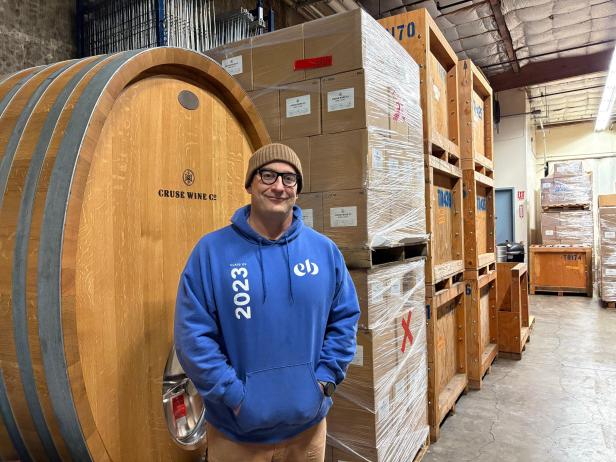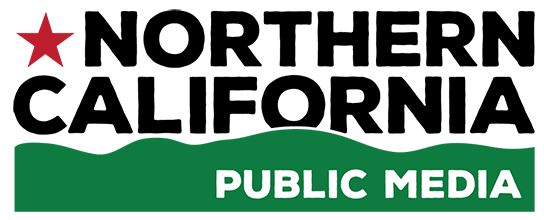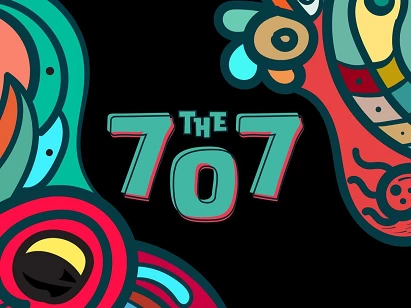 photo credit: Tina Caputo
photo credit: Tina CaputoMichael Cruse at his winery in Petaluma.
In early February, President Trump signed an executive order imposing 25% tariffs on all goods coming into the country from Canada. After a 30-day pause, the new taxes went into effect on March 4 and Canadian Prime Minister Justin Trudeau immediately responded with equal counter tariffs.
Though Trump delayed the start of tariffs again a few days later, Canada’s taxes remain in place on $30 billion worth of U.S. goods — including wine. Canada is the No. 1 export market for American wines, with sales to the country totaling $1 billion each year.
On the day Trump’s tariffs initially went into effect, Ontario’s liquor control board removed all American wines from its website and began pulling bottles from its store shelves. Liquor control agencies in several other Canadian provinces did the same, and earlier this week, British Columbia’s liquor control branch stopped the importation of all U.S.-made wines and spirits.
“The real-world impact and short-term impact of this is, there's stuff that's going to be already in the country that they're not selling,” says Michael Kaiser, vice president of Wine America, a Washington D.C.-based trade group that represents U.S. wineries. “So that's going to go [into] some warehouse somewhere and just sit there.”
Trump’s on-again, off-again tariffs aren’t the only problem, Kaiser says.
The president’s repeated comments about Canada becoming America’s 51st state are turning members of the Canadian wine trade against U.S. products.
“I got an unsolicited email from someone who obviously worked in the retail sector in Ontario,” he says. “There was some vulgarity that I won't repeat here that was shared, not directly towards me and my organization, but at the administration and what they're doing. Basically, it was like, ‘We don't need your products. We don't want your products.’”
Kaiser says this will likely lead to increased competition for sales in the domestic market as exporters try to find new homes for their wines in the U.S.
“Wineries ask me, well, ‘I don't think this really impacts me. I don't export my product and I'm not planning on exporting my product,’” he says. “And I was like, well, it does, because again, there's all that wine that needs to be sold somewhere else.”
That somewhere else, he says, is most likely the U.S. market — which is currently seeing a significant oversupply of wine.
At Cruse Wine Company in Petaluma, winemaker Michael Cruse is already feeling the impacts. He typically sells a few hundred cases each year to liquor control boards in Ontario and Quebec.
“Well, the main thing is that it's not being sold,” Cruse said, “and there's no more reorders.”
That’s a big hit for a producer that only makes about 8,000 cases a year. And, he adds, Trump’s tariffs will likely have a global impact for U.S. wines.
“Thirty percent of our sales are international, and that's in Canada, it's in Europe, it's in Asia,” said Cruse. “That's my biggest concern — not particularly Canada, but rather, what is our standing in the world and are we still going to have international buyers, full stop, if we're looked at as an international boogeyman?”
Cruse says the liquor control boards in Ontario and Quebec have made it clear on their websites that American wines are off the table.
“It's, ‘We no longer have American products,” he says, “and if you are interested in American products, may we suggest these Canadian products instead?’ It's a pretty hard time now for the small producer in California, so taking away a very large buyer is not great right now.”
It may be about to get even harder. Thursday morning ,March 13, President Trump threatened to impose 200% tariffs on all wines and spirits coming from the EU.

 Live Radio
Live Radio




